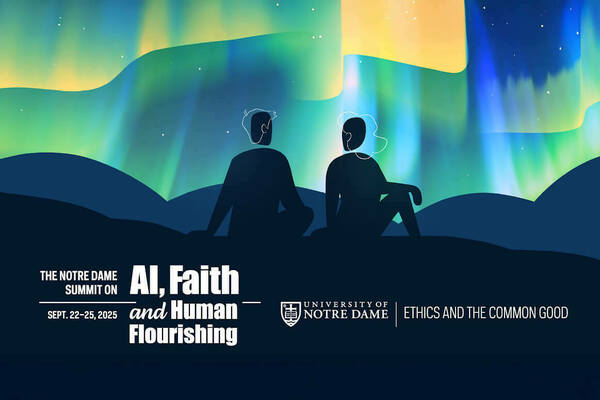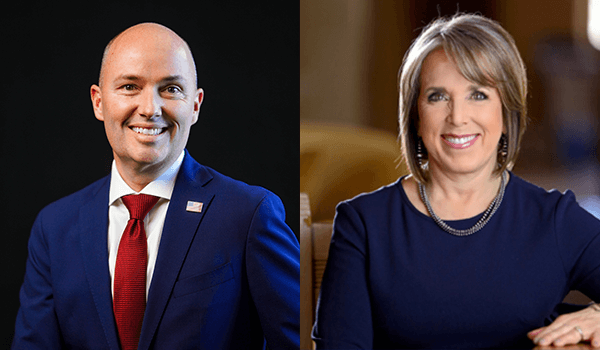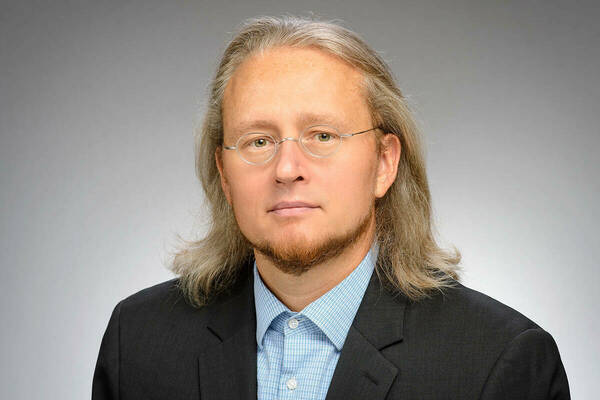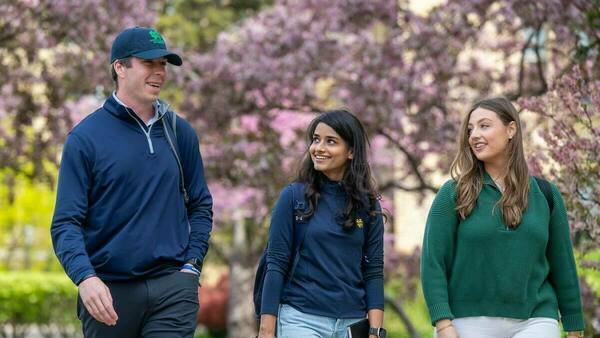Notre Dame receives significant gift from the Ernestine Morris Carmichael Raclin estate
The Raclin Murphy Museum of Art at the University of Notre Dame is the beneficiary of a significant gift of paintings, sculptures, and decorative art objects from the estate of Ernestine Morris Carmichael Raclin (1927-2024). The gift includes work from iconic masters Gainsborough, Reynolds, Houdon and Guillaumin, among many others.
A lifelong supporter of the arts, Raclin began collecting in earnest in the 1980s and 1990s, assembling the highest-quality works that reflected her taste for old master and 19th-century aesthetics. Raclin, a devoted supporter of Notre Dame and its first female Trustee, planned the donation to further the University’s mission to foster an appreciation for the greatest human achievements and intellectual exchange. She sincerely wished to encourage the growth of the museum that now bears her name, the Raclin Murphy Museum of Art.
“Our mother loved the arts and was devoted to the community in which she lived,” said daughter Carmi and son-in-law Chris Murphy. “She collected and displayed beautiful things in her home, and joyously shared her art collection entertaining people from across the region and country. It is only appropriate that this gift can now be shared with the community she loved through the beautiful new Raclin Murphy Museum of Art and the University of Notre Dame.”
The Raclin Bequest includes works from the 15th through the early 20th centuries, but is especially strong in 18th-century art. A portrait by Jean-Baptiste Greuze, a landscape sketch by Hubert Robert and a fête champêtre by Nicolas Lancret, for example, offer further depth to holdings by French masters Élisabeth Vigée Lebrun and François Boucher already in the University’s collection. Portraits by Thomas Gainsborough and Joshua Reynolds bolster the representation of British art in the collection with impressive demonstrations of costume and technique. Jean-Antoine Houdon’s patinated terra cotta portrait bust of his infant daughter is the first of its kind in the collection.
The University’s 19th-century collection is best known for its French academic works and oil sketches. The Raclin gift complements those holdings with proto-impressionist, impressionist and post-impressionist examples. Landscapes by Camille Corot and Johan Jongkind are the types of paintings that inspired the impressionists and heralded a new approach to painting founded on advances in color theory. The lone American work in the gift, John White Alexander’s “Reflection,” is notable for its synthesis of various avant-garde trends that make it difficult to categorize his work.
“Throughout her extraordinary life, Ernestine Raclin demonstrated time and again her commitment to her local community and to increasing accessibility and appreciation of the arts,” said Rev. Robert A. Dowd, C.S.C., University president. “We are grateful for her generous support that enabled the creation of the Raclin Murphy Museum, as well as this additional gift which will delight museum attendees for many generations to come.”
With origins that date to 1875, the University’s art museum is among the first and most esteemed academic art museums in the nation. The Raclin Bequest is the cornerstone of a major initiative, 150 for 150: Art for Notre Dame, the Sesquicentennial Campaign, to strategically build the collection for students, faculty, researchers and the nation. The goal is to achieve 150 gifts for 150 years. A gift could be a single object or, as with the Raclin Bequest, an entire collection.
The campaign is focused on museum collecting priorities including art of the Indigenous Americas, European and American art before 1900, international modern and contemporary art, Irish art, sculpture and works on paper (prints, drawings and photographs). Such extraordinary generosity is not limited to the Notre Dame family. Friends, old and new, have stepped forward with great care. The Raclin Bequest and other gifts will debut at the end of the campaign in a major celebratory exhibition in early 2026.
“Although Ernie had long been a supporter of the museum and generously gifted numerous works to the collection over decades, this gift is quite special,” said Joseph Antenucci Becherer, director and curator of sculpture. “To know that she lived with and found profound enjoyment and inspiration in these objects, and wanted to share that with the world, fills the museum with her spirit of grace, passion and love of others.”
The museum collections are available to the region, the nation and beyond. At Notre Dame, the collections are annually used by more than 40 departments, representing nearly every college and school on campus. Recent research shows that 91 percent of graduating seniors had visited the museum. Additionally, the museum welcomes more than 11,000 K-12 students yearly from a three-state area. Beyond those outreach efforts, the museum lends works to the highest-caliber exhibitions nationwide and worldwide; recently, works were lent to venues in Los Angeles, New York, Paris, Rome and Washington, D.C., among others.
Latest ND NewsWire
- Banks that identify fraudsters increase loyalty, retain more defrauded customers than others who never were compromisedIn a new research study, Vamsi Kanuri, the Viola D. Hank Associate Professor of Marketing at the University of Notre Dame’s Mendoza College of Business, found that banks that identify fraudsters earn customer loyalty and lose customers if they can’t say who was responsible for a fraudulent transaction.
- Notre Dame to host summit on AI, faith and human flourishing, introducing new DELTA frameworkThe Institute for Ethics and the Common Good and the Notre Dame Ethics Initiative will host the Notre Dame Summit on AI, Faith and Human Flourishing on the University’s campus from Monday, Sept. 22 through Thursday, Sept. 25. This event will draw together a dynamic, ecumenical group of educators, faith leaders, technologists, journalists, policymakers and young people who believe in the enduring relevance of Christian ethical thought in a world of powerful AI.
- Notre Dame Democracy Initiative hosts bipartisan conversation with Western state governorsTwo Western state governors known to work across the aisle on policy issues such as water, housing and energy will visit the University of Notre Dame for a fireside chat about how Western state pragmatism can serve as a model for the country to overcome polarization.
- In new research, Roy Scranton explores climate change and the limits of human progressIn his most recent book, “Impasse: Climate Change and the Limits of Progress,” Scranton, an associate professor of English, defines the impasse he sees as “not only political and institutional, but cognitive, existential and narrative” and asserts that the only path forward is through embracing what he terms ethical pessimism. “A lot of people confuse pessimism with nihilism, apathy and despair,” Scranton said. “But pessimism is actually about recognizing our limits, letting go of unrealistic goals, finding solidarity in the fact of human suffering and doing what you can now, not in some utopian future.
- Notre Dame MBA launches deferred admission programThe Notre Dame MBA Deferred Admission Program allows candidates with little or no work experience, including college seniors, to secure admission before reaching the recommended three years of work experience to enroll.
- ‘Prebunking’ false election claims may boost trust in electionsIn recent years, democracies worldwide have seen a growing erosion of trust in election outcomes and institutions, driven in part by fears of widespread fraud. New Notre Dame research finds that “prebunking” — providing accurate information before false claims spread — boosts trust in elections more effectively than traditional fact-checking.













